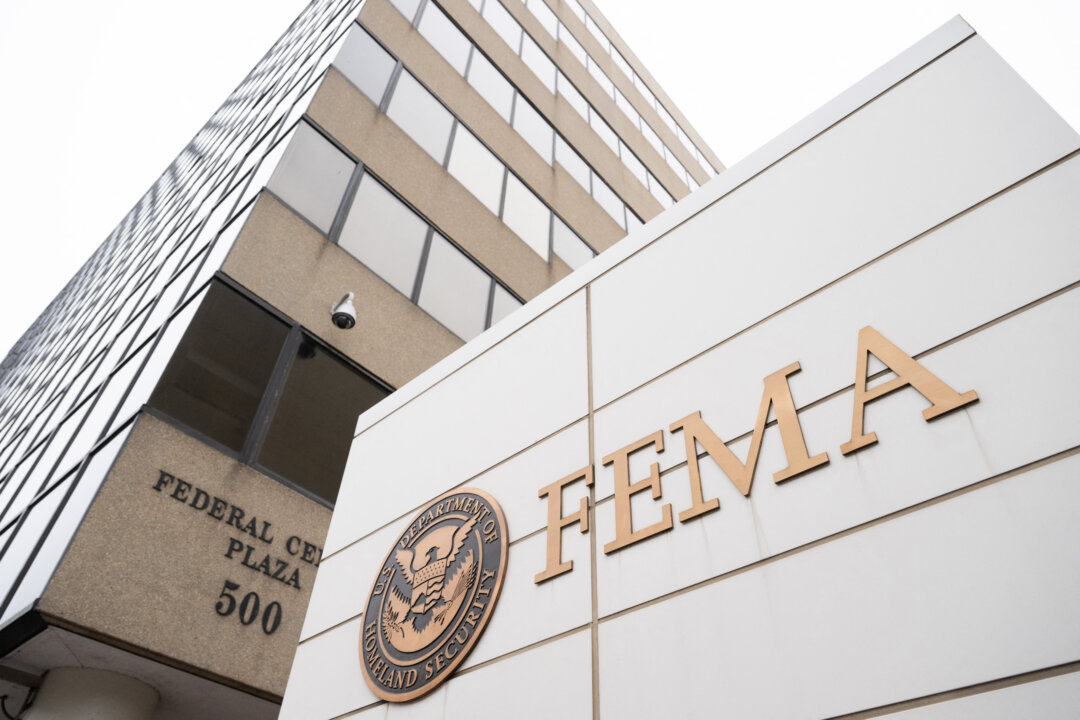Qatar tribune QNA Doha The Ministry of Environment and Climate Change (MoECC) participated in the second edition of the Earthna 2025 Summit, organised by Qatar Foundation under the theme ‘Building Our Legacy: Sustainability, Innovation, and Traditional Knowledge’. Representing the ministry in various summit sessions were Assistant Undersecretary for Climate Change Affairs Engineer Ahmed Mohammed Al Sada, Assistant Undersecretary for Natural Reserves Affairs Dr Ibrahim Al Maslamani, and Assistant Undersecretary for Environmental Affairs Abdulhadi Nasser Al Marri. During a session on ‘Dry Cities Network’, Eng Al Sada reaffirmed Qatar’s commitment to integrating climate objectives into its development strategies.
Environmental sustainability, he stressed, is a core pillar of the country’s national plans, including the National Climate Action Plan and the Third National Development Strategy (2024-2030), both aligned with Qatar National Vision 2030. He also highlighted the importance of incorporating traditional knowledge in designing urban solutions to help cities adapt to climate change. Meanwhile, Dr Al Maslamani took part in a session focusing on “Coral Reefs in Qatar”, where he presented the ministry’s efforts to protect these vital marine ecosystems as part of the National Biodiversity Strategy.

He noted the use of advanced scientific tools and regional partnerships to ensure the sustainability of coral reefs. In a roundtable discussion titled “Coordinating GCC Efforts on Air Quality”, Al Marri gave an overview of Qatar’s National Air Quality Monitoring Programme, which includes more than 45 stations across all eight municipalities. He explained that the ministry employs mobile monitoring units to precisely measure pollution levels and that the Air Quality Platform has significantly increased public awareness about the risks of relying on unreliable tools to assess air quality.
For his part, Director of the Environmental Monitoring and Inspection Department at MoECC Hassan Al Qassimi noted that Qatar’s Air Quality Index is based on national standards as well as the US Environmental Protection Agency (US-EPA) system. The index monitors five key pollutants: fine particulate matter; nitrogen dioxide; sulfur dioxide; ground-level ozone; and carbon monoxide. Director of MoECC’s Wildlife Development Youssef Al Hamar presented the first phase of the National Coral Reef Protection Initiative.
He highlighted the ministry’s use of cutting-edge technologies to enhance coral reproduction and resilience in the face of environmental challenges. The ministry also took part in two additional sessions on mangrove trees and their role in preserving coastal ecosystems. A documentary film about Qatar’s mangrove forests was screened, and participants discussed leading regional practices in mangrove restoration.
The ministry said it had conducted scientific studies to identify optimal environments for mangrove planting and successfully launched three specialised nurseries, producing more than 15,000 seedlings over two years. The ministry hosted an educational booth at the ‘Earthna Village’ in Barahat Msheireb. The booth featured interactive environmental exhibits, including a whale tracking device, coral reef samples, a dugong skull, and a live mangrove tree with informative signage.
Copy 25/04/2025 10.
Politics

MoECC participates in Earthna 2025 Summit with special focus on efforts to preserve environment

QNA DohaThe Ministry of Environment and Climate Change (MoECC) participated in the second edition of the Earthna 2025 Summit, organised by Qatar Foundation under the theme ‘Buildin...















